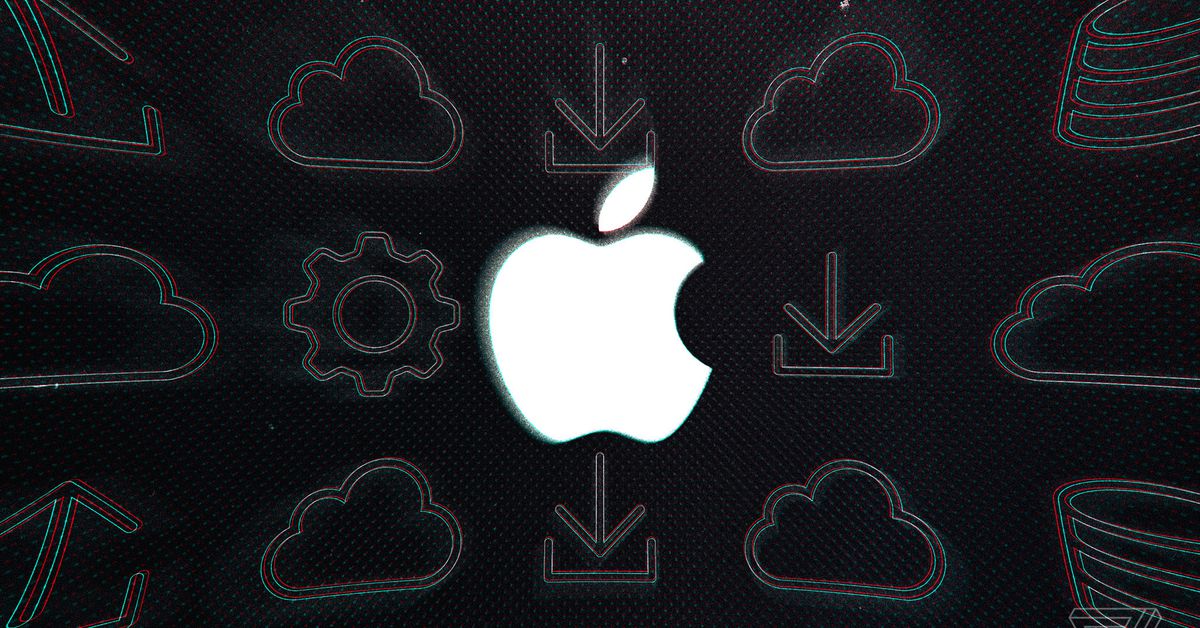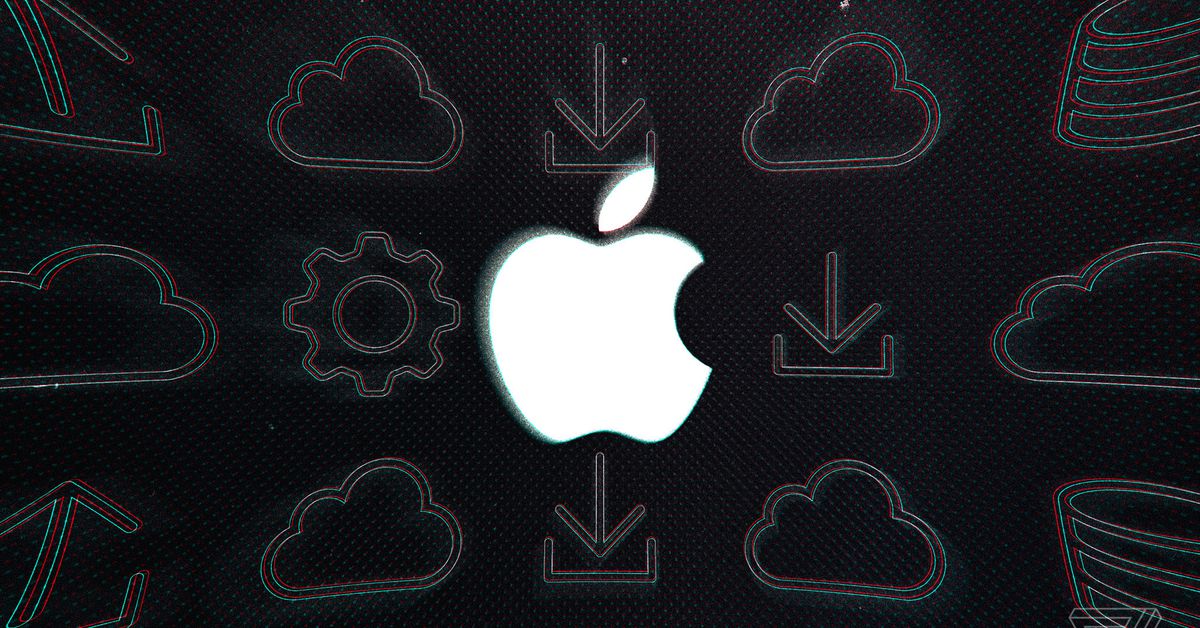
The Epic v. Apple trial will deliver a verdict on whether Apple is suppressing competition. But if you were watching Wednesday’s testimony, you could easily end up more confused about what its App Store actually allows.
Apple says iOS users benefit from a locked-down, curated platform. It rejects “stores within stores” like the Epic Games Store, which could allegedly expose users to harmful and unvetted software. It’s also, however, fighting Epic Games’ claims that there’s no meaningful competition on its platform. So this morning, an Apple attorney grilled one of Epic’s witnesses about a slew of iOS-hosted gaming apps. The move might have helped rebut Epic’s complaints, but it also highlighted just how arbitrary Apple’s policies can seem.
“GameClub is a direct competitor to Apple Arcade, and GameClub is available in the App Store today”
Apple attorney Karen Dunn was questioning Susan Athey, an economist testifying on behalf of Epic. Athey criticized Apple yesterday for not allowing more “middleware,” or third-party services like alternate app stores. Dunn countered with several options that might fit that bill. The list included Valve’s Steam Mobile and Steam Link apps; Microsoft’s Xbox iOS app; Sony’s PlayStation app; and a mobile gaming subscription service named GameClub. “GameClub is a direct competitor to Apple Arcade, and GameClub is available in the App Store today,” Dunn said.
Apple is right to call these apps gaming services, but as testimony continued, it wasn’t clear they make good App Store alternatives. Steam Mobile lets players manage games for Windows, Mac, and Linux — but not iPhones or iPads. The Steam Link, Xbox, and PlayStation apps all let you play a catalog of games on iOS — but only if you’ve got a PC or console to stream them from.
GameClub is a cross-platform mobile gaming service. But right after Apple mentioned the app, a GameClub executive posted (and then deleted) a tweet calling that comparison “absurd beyond measure,” thanks to restrictions on how GameClub can operate. Athey testified that Apple rejected GameClub over 100 times, and that Apple only lets GameClub feature games to which it has an “exclusive license.” When The Verge emailed GameClub business development VP Eli Hodapp, noting that Apple had described it as a successful iOS game-bundling service, Hodapp replied with “Are you serious?”
The past week has demonstrated a bunch of extremely fine lines between what Apple considers good and bad. The iOS Xbox app allows console-based remote play, for instance. But as Microsoft’s Lori Wright testified, Apple and Xbox failed to strike a deal for xCloud, which lets players stream games without an Xbox. Wright even accidentally got an approved streaming app called Shadow kicked off the store, until Apple decided Shadow offered a “full Windows 10 PC, rather than a library of games.” From the outside, that looks more like a semantic dodge than a decision based on privacy, security, and quality.
Apple hammered Epic for offering access to Itch.io, a storefront featuring adult content. But Steam has a nearly anything-goes policy on porn, and Steam Mobile and Link put those games a few taps away on iOS. Conversely, an App Store executive testified that Roblox user-built “experiences” were fine because they couldn’t sneak new, malicious code onto iPhones. But it’s said cloud gaming services threaten the iPhone’s “safe and trusted” model, despite being essentially just streaming video.
Being confusing or inconsistent doesn’t make Apple’s App Store illegal. Epic needs to demonstrate that Apple’s ecosystem counts as a monopoly, and moreover, that it’s hurting users by producing higher prices or subpar service. But part of Apple’s defense is that it’s a fair, consistent steward putting users’ best interests first. As the trial goes on, it’s sometimes hard to tell what it thinks those interests are.
